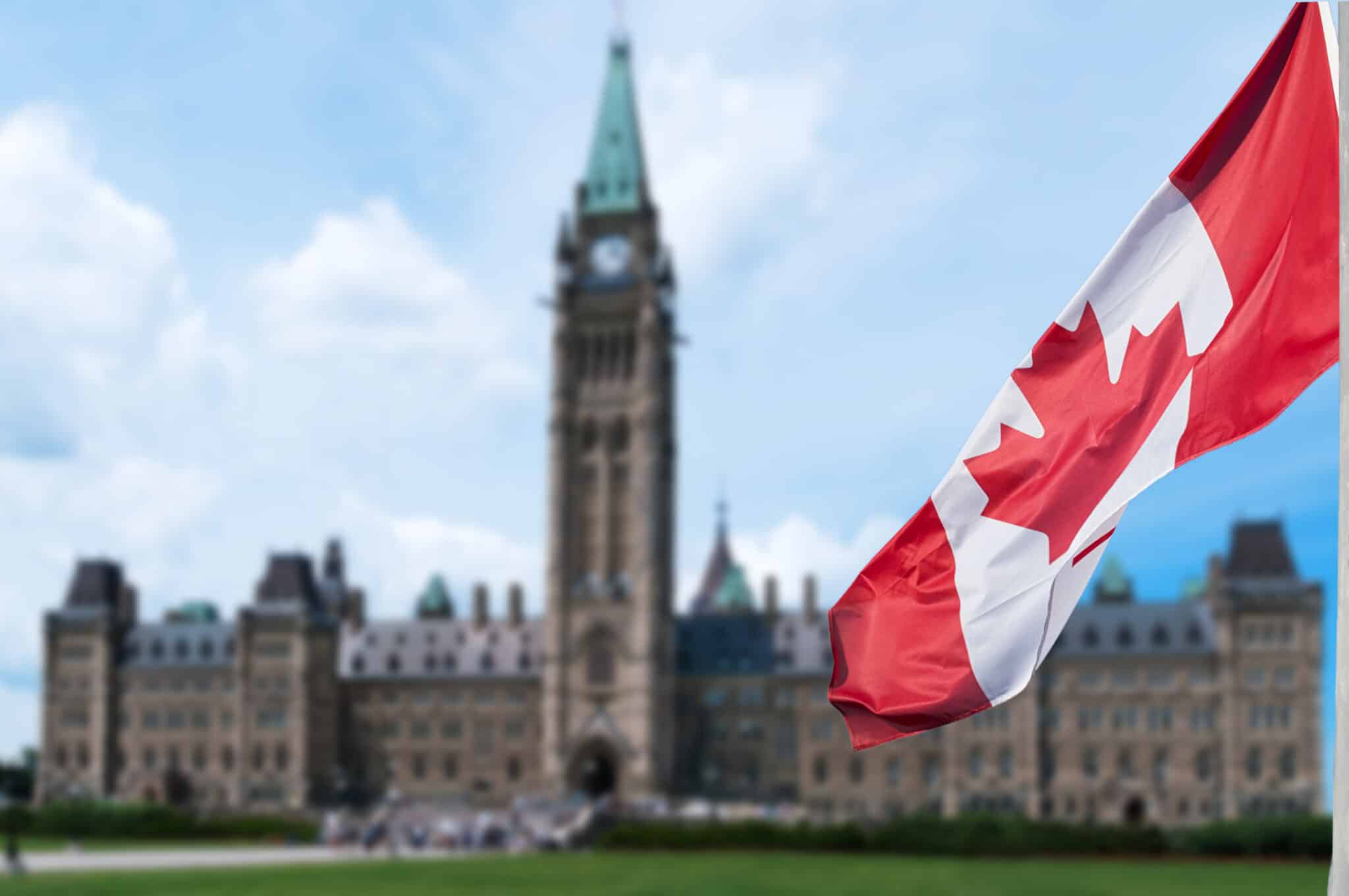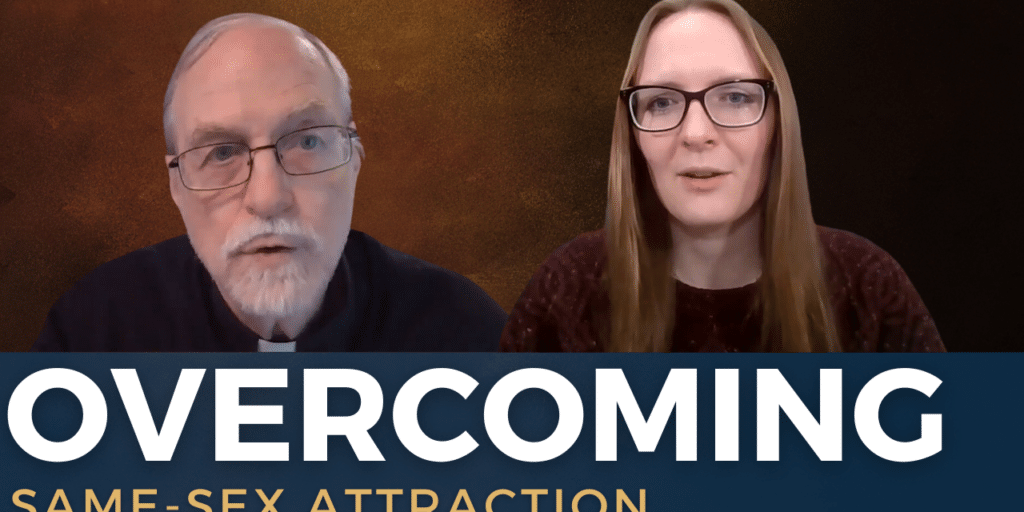The Canada Euthanasia Law (MAID) Kills Human Dignity
Canada’s euthanasia laws are an affront to human dignity. Euthanasia, also referred to as Medical Assistance in Dying (MAID) in Canada, first began after Carter v. Canada in February 2015. This court case decided that the laws prohibiting euthanasia were unjustifiably in violation of the rights to life, liberty, and security of the person. So, in 2016, euthanasia, or MAID, became legal for eligible individuals.
Eligibility was determined by if the individual:
-Was 18 years of age or older;
-Was capable of making decisions regarding their own health;
-Was eligible for health services funded by the government, province, or territory;
-Made a voluntary request for MAID, free of external pressure;
-Gave informed consent, after being informed of other ways to relieve suffering;
-Have a serious and incurable medical condition.
There are two primary methods of MAID. The first method is where a doctor or nurse administers a drug to a patient that will kill them, such as through an IV or a shot. The second method is when a doctor or nurse gives or prescribes drugs to a patient to bring about their death. The patient in this case will take the drugs themselves.

In 2021, the government passed Bill C-7, which expanded eligibility for MAID. This bill allowed for individuals to request MAID, even if their death was not foreseeable due to their ailment.
In the same year, the government decided that citizens who were suffering from a mental illness (but otherwise met all other eligibility requirements) would not be eligible for MAID until March of 2023 to give the government time to see how euthanizing people could be “safely” done. In 2023, this exclusion was extended until March of 2024.
This means that, starting in March, one can request to be killed simply due to mental health disorders, such as depression or anxiety. This should alarm everyone, both in and outside of Canada. Last year, there was a 31.2% increase in individuals dying through MAID, constituting 4.1% of deaths in Canada that year. How many more will request MAID because of treatable conditions in the next year?
This is a far cry from the original push for euthanasia, which was marketed as “mercy killing” or “dying with dignity” for those patients who were terminally ill. Even the original push to “mercy kill” those in immense suffering or who were terminally ill was an affront to human dignity and rights, and no one should be killed off simply because they are inconvenient or because they want to die. And soon, Canada will expand this radical idea even further and allow the euthanasia of healthy individuals.
There are some who claim that the “slippery slope” argument of those who don’t support euthanasia is an illogical argument with no basis in fact or reality. And yet, we are seeing just that in Canada. In just the span of a few years, euthanasia went from being illegal to allowing people with mental illnesses but no terminal illness to be killed.
Now, Canadian officials are considering delaying expanding MAID to cover individuals suffering from mental illnesses once again. Let us pray that this expansion is not only delayed but defeated and made unimaginable in the hearts of Canadians everywhere.

Canadian Parliament, where euthanasia laws are decided
Lisa Pauli is a 47-year-old Canadian with anorexia. She wants to die, and she is waiting for March of 2024 when she can do so legally, should the measure pass. The question everyone should be asking is, why are we simply okay with killing Pauli and others like her, rather than making the time and effort to help her live a fuller life? Is it too inconvenient to help someone who needs compassion and care?
HLI supported the work of Amanda Achtman, who traveled Canada this summer talking about the dangers of MAID, including how euthanasia is corroding the legal profession. She also interviewed Christine, a Canadian in her 80s, who got a tattoo reading, “Don’t Euthanize Me.” Through these encounters, we pray that the reality of euthanasia becomes evident to all Canadians and that compassion and care for the dignity of the human person reigns, so that MAID becomes unthinkable. Why must we dispose of “inconvenient” people? Why can we not call upon society to do better to care for its most vulnerable and needy members?
Marisa Cantu has an MS in political science and international affairs with a BA in political science and has also studied international studies and French. She has a strong background in nonprofit work, research, writing, and policy proposal and analysis.
In her free time, Marisa enjoys painting, writing, cooking, spending time with her husband and playing with her dog.







